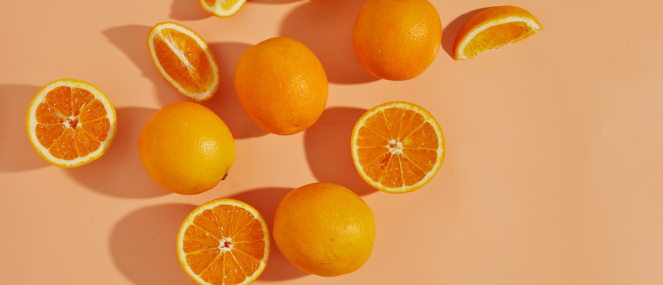
- Health hub/
- Tips & Advice on Cold, Flu & Boosting Immunity/
- Zinc: what it is and why your body needs it


While there are only 13 different vitamins, there are hundreds of minerals, everything from calcium and iron to copper, manganese and sodium. And amongst those considered most important to keep us healthy is zinc, a trace mineral essential to many bodily functions including immune health.
The trouble is, more than one in three Australian men and one in ten women aren’t consuming enough of it according to the 2011-13 Australian Health Survey (AHS). Here’s why that matters so much, and what you can do to keep your zinc levels in good shape.
The benefits of zinc
There are a few reasons why zinc is so good for you, like the fact that it supports…
Food sources of zinc
A wide variety of foods contain zinc, with protein-rich foods like oysters, seafood, red meat and poultry containing the largest amounts.
Some plant-based foods, including wholegrains, legumes, nuts and beans, are also good sources, but many of these also contain things called phytates; compounds that bind zinc and inhibit its absorption. As a result, the bioavailability of zinc from grains and plant foods tends to be lower than that from animal foods, and following a vegetarian diet may increase the risk of zinc deficiency.
Need-to-know info about zinc supplements
People who find it difficult to obtain enough zinc through their diet may benefit from taking a zinc supplement, bearing in mind that one of the biggest causes of low zinc levels is the fact that, like one in three Australian men and one in ten women, people aren’t eating enough zinc-rich foods(2011-13 Australian Health Survey (AHS)).
Taking a zinc supplement may also be useful when you’re trying to maintain or support a healthy immune system function, or if you’re at an increased risk of zinc deficiency. On top of following a vegetarian diet, factors that increase the risk of zinc deficiency include experiencing prolonged periods of stress or infection, drinking too much alcohol. and living with a long-term digestive problem.




